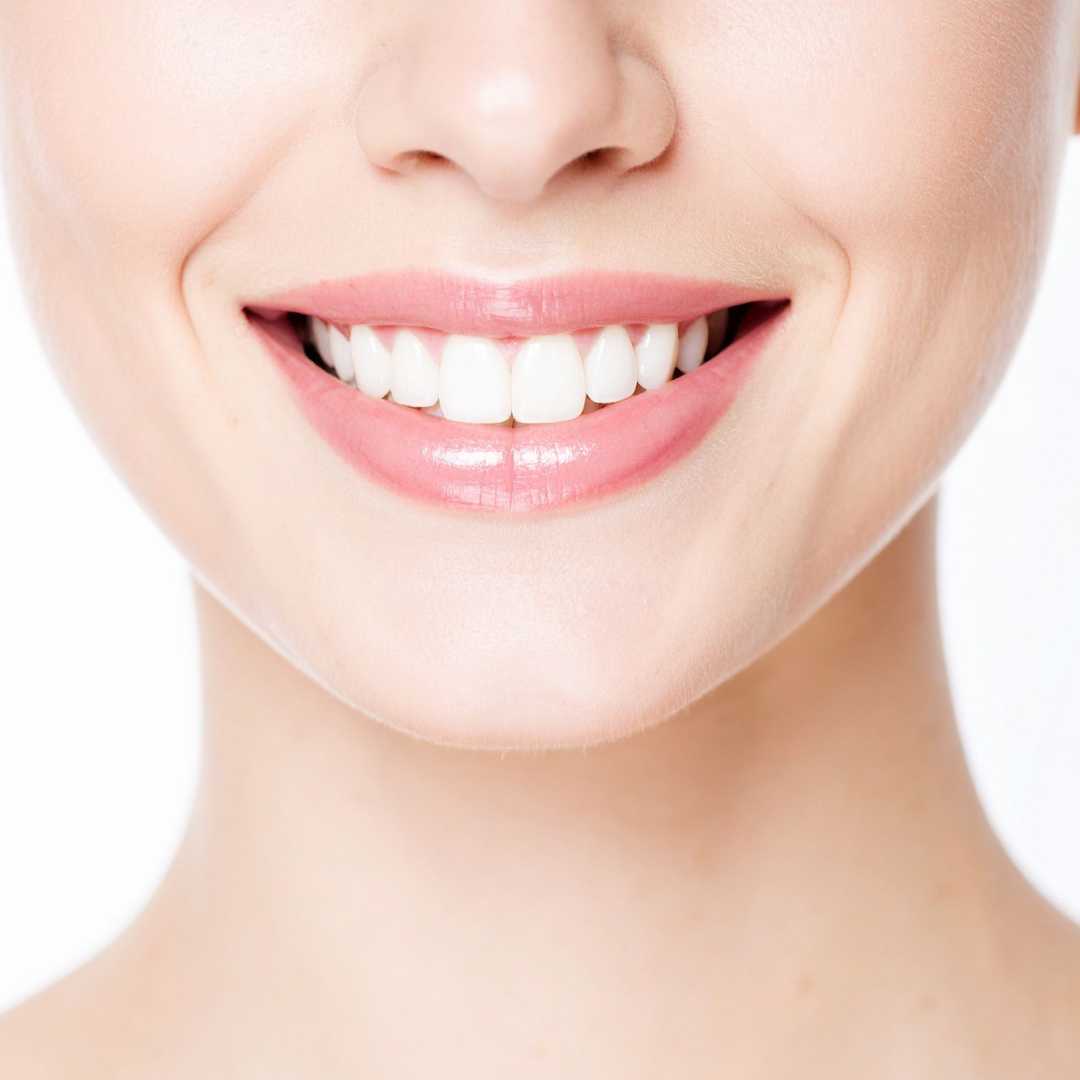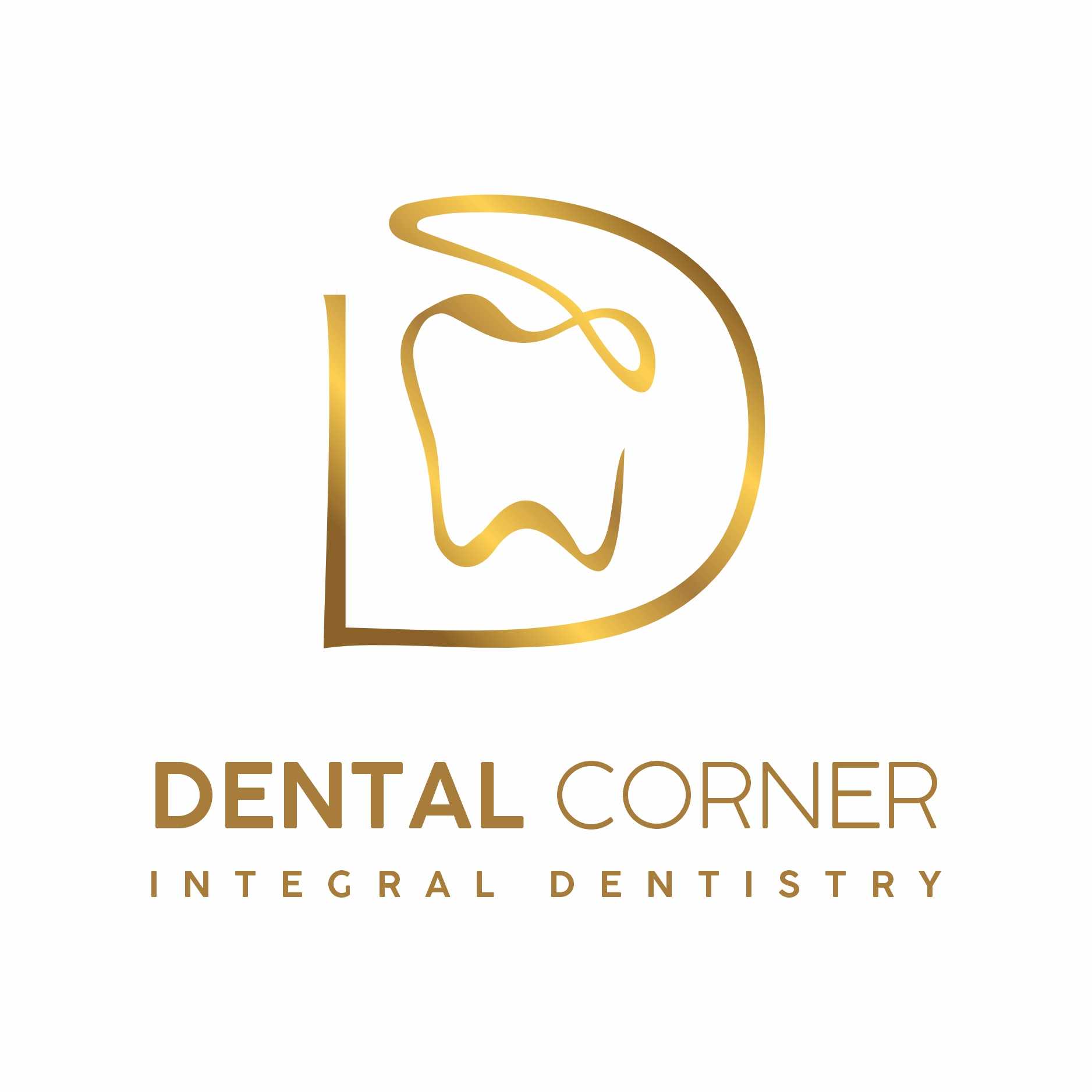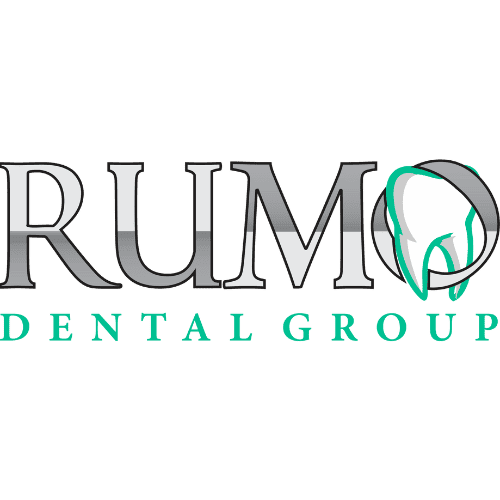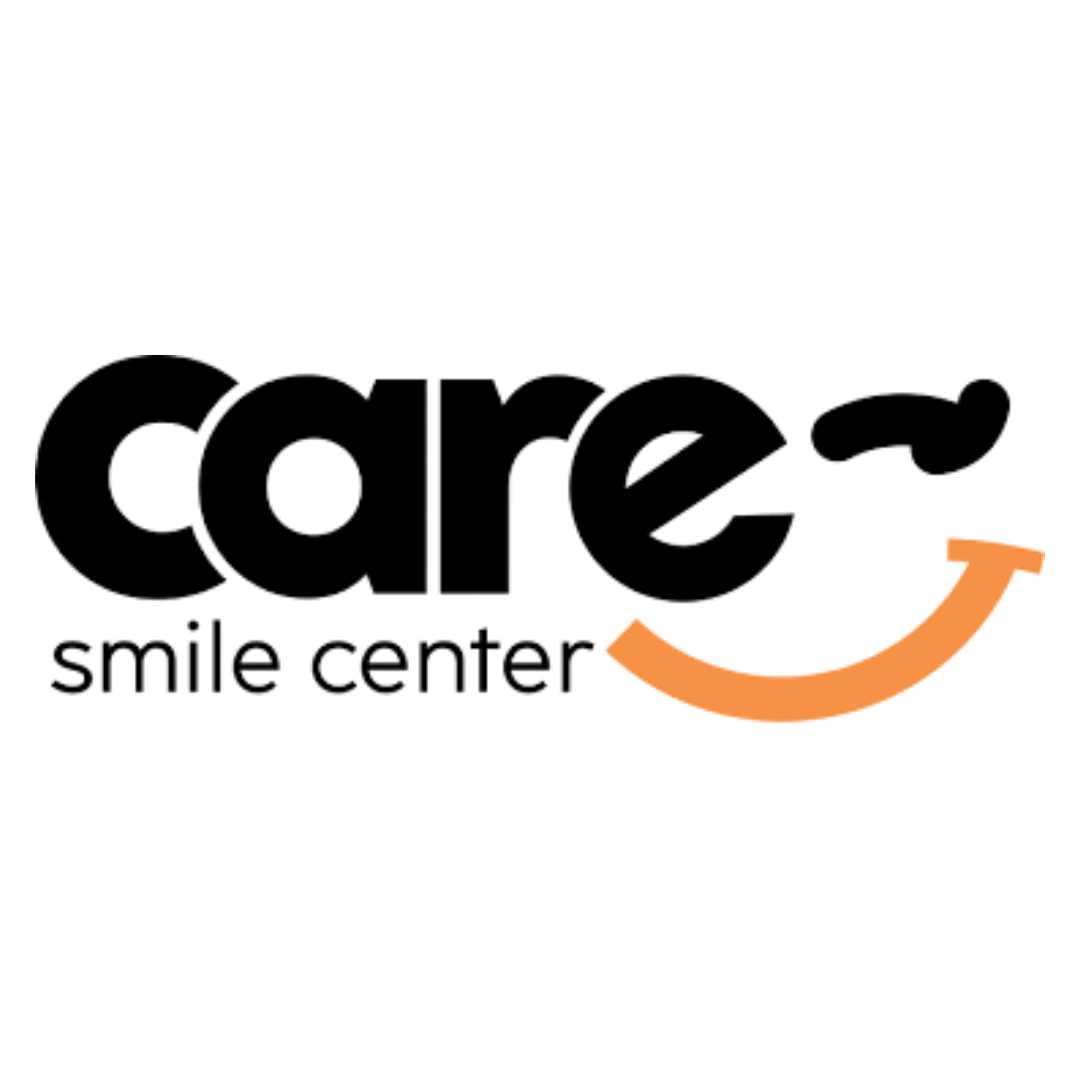Cost and Value of Dentures in Mexico
.jpg)
Thinking about getting dentures and wondering if Mexico is a viable option? You're not alone. Many people consider dental tourism for significant savings, but a common concern is whether quality will be compromised. The good news is that Mexico has become a leading destination for dental care, including high-quality dentures, attracting patients from all over North America.
When carefully chosen, a Mexican dental clinic can provide dentures that are not only affordable but also durable, comfortable, and aesthetically pleasing. The key lies in understanding what makes a clinic reputable, what materials are used, and what to expect during your dental journey. This guide will walk you through everything you need to know about getting quality dentures in Mexico.
Are dentures in Mexico good quality?
The quality of dentures in Mexico can be very high, often meeting or exceeding international standards. This is largely due to several factors: strong competition among clinics, an increasing focus on dental tourism that drives investment in modern technology, and the presence of highly educated and skilled dentists.
Many Mexican dentists receive training from top universities, both domestically and internationally, and participate in ongoing education to stay current with the latest advancements in prosthodontics.
Reputable clinics in Mexico use high-grade materials for dentures, similar to those found in the United States and Canada. These include durable acrylics, aesthetic porcelain, and flexible resins. The manufacturing process often involves advanced dental labs equipped with CAD/CAM technology, ensuring precision and a custom fit.
It's crucial, however, to conduct thorough research and select clinics with verifiable credentials and positive patient reviews to ensure you receive the best possible care and quality.
What types of dentures are available in Mexico?
Just like in other advanced dental markets, Mexican clinics provide a comprehensive array of denture solutions to cater to different needs and preferences. Understanding these options can help you make an informed decision:
- Complete (Full) Dentures: These are for patients who have lost all their natural teeth in either the upper or lower jaw, or both. They rest directly on the gums and are custom-made to fit snugly, restoring chewing ability and facial aesthetics.
- Partial Dentures: When only some teeth are missing, a partial denture can fill the gaps. These often consist of replacement teeth attached to a gum-colored base, with clasps that attach to your natural teeth to hold them in place. Materials can include acrylic, metal frameworks, or flexible resins.
- Immediate Dentures: These dentures are fabricated before your remaining teeth are extracted and are placed immediately after the extractions. This ensures you don't go without teeth during the healing period. Adjustments are often needed later as your gums heal and shrink.
- Implant-Supported Dentures: Also known as "overdentures," these are a more stable and secure option. They attach to a few dental implants surgically placed in the jawbone, providing superior stability, comfort, and biting force compared to traditional dentures. This option can significantly improve quality of life.
- Flexible Partial Dentures: Made from a thermoplastic material like Valplast, these dentures are very comfortable and blend seamlessly with your natural gum tissue, often without the need for visible metal clasps.
The choice of denture type depends on your specific dental situation, bone density, and budget. Your Mexican dentist will perform a thorough examination and discuss the best options for you.
How do costs for dentures in Mexico compare to the US or Canada?
One of the primary drivers for dental tourism to Mexico is the substantial cost savings. The price difference for dentures between Mexico and countries like the United States or Canada is often dramatic, without necessarily compromising on quality. This affordability is due to several economic factors:
- Lower Operating Costs: Rent, utilities, and general business expenses are considerably lower in Mexico.
- Reduced Labor Costs: Dentists, dental hygienists, and support staff salaries are lower, even for highly qualified professionals.
- Different Malpractice Insurance: Malpractice insurance premiums are typically lower, which translates to reduced patient costs.
- Lower Cost of Living: The overall cost of living allows clinics to operate profitably while offering more competitive pricing.
Here's an approximate comparison of typical costs (note: prices can vary widely based on clinic, materials, and complexity):
| Denture Type | Average Cost in US/Canada (USD) | Average Cost in Mexico (USD) |
|---|---|---|
| Complete Denture (per arch) | $1,000 - $3,000 | $300 - $800 |
| Partial Denture (per arch) | $800 - $2,500 | $250 - $700 |
| Implant-Supported Denture (per arch, excluding implants) | $3,000 - $10,000+ | $1,000 - $3,500+ |
These significant savings allow many individuals to afford high-quality dental care that might otherwise be out of reach, especially for extensive procedures or those not covered by insurance.
What materials are used for dentures in Mexican dental clinics?
The quality and type of materials used play a critical role in the durability, comfort, and appearance of your dentures. Reputable dental clinics in Mexico source their materials from reliable international suppliers, ensuring they meet global standards. Common materials include:
- Acrylic Resin (Polymethyl Methacrylate - PMMA): This is the most common material for both the base (gum portion) and the teeth of traditional dentures. High-quality acrylic is durable, lightweight, and can be tinted to match natural gum tissue and tooth shade. It's affordable and easily repairable.
- Porcelain: While less common for the entire denture due to its weight and brittleness, porcelain teeth can be used in some cases for their superior aesthetics and wear resistance. However, they can be more expensive and may cause wear on opposing natural teeth.
- Flexible Thermoplastic (e.g., Valplast): Used for flexible partial dentures, this material is very comfortable, lightweight, and virtually invisible because it blends with the natural gum color. It's free of metal and ideal for patients with sensitivities or those seeking a less rigid alternative.
- Chrome Cobalt or Titanium Alloys: These metals are used to create the framework for cast metal partial dentures. They offer superior strength, stability, and a thinner, less bulky design compared to all-acrylic partials. Titanium is often preferred for its biocompatibility and lighter weight.
Your dentist will discuss the best material options based on your specific needs, budget, and desired outcome. Clinics focused on dental tourism often offer a range of premium materials to cater to international patient expectations for quality and aesthetics.
How can I find a reputable dental clinic for dentures in Mexico?
Finding a reliable clinic is paramount for a successful outcome. Here are steps to ensure you choose a reputable provider for your dentures in Mexico:
- Look for International Accreditations: Clinics that cater to international patients often seek accreditation from organizations like the American Dental Association (ADA) or have affiliations with international dental associations. While not mandatory, it indicates a commitment to higher standards.
- Check Dentist Credentials and Experience: Verify the dentist's education, specialization (e.g., prosthodontics), and years of experience. Many Mexican dentists receive training in the U.S. or Europe. Ask to see their certifications.
- Read Patient Reviews and Testimonials: Websites like Google, Facebook, and specialized dental tourism forums often have patient reviews. Pay attention to feedback regarding denture quality, clinic cleanliness, communication, and overall patient experience.
- Review Clinic Facilities and Technology: Look for clinics that showcase modern equipment, sterile environments, and in-house labs or partnerships with high-quality dental labs. Virtual tours or photos can offer insights.
- Transparent Pricing and Communication: A reputable clinic will provide a clear breakdown of costs with no hidden fees. They should also communicate effectively, ideally in your native language, and be responsive to your questions before and during treatment.
- Request Before & After Photos: Ask to see a portfolio of their previous denture work to gauge their aesthetic and functional results.
Consider using a medical tourism facilitator, which can often pre-vet clinics and help with logistics, though it's still wise to do your own research.
What is the process for getting dentures in Mexico?
The process for obtaining dentures in Mexico is quite similar to what you would experience in your home country, tailored to accommodate international travel schedules. Here's a typical breakdown:
- Initial Consultation and Examination: This is often done remotely (via phone or video call) before you travel, where you'll share your dental history and any recent X-rays. Upon arrival, the dentist will conduct a thorough in-person examination, take new X-rays (panoramic or 3D scans), and discuss your treatment plan, material options, and expected timeline. If extractions are needed, they will be performed at this stage.
- Impressions and Measurements: Precise impressions of your mouth and jaw are taken. These molds are sent to a dental lab where your custom dentures will be fabricated. The dentist will also take measurements to determine the correct bite and alignment.
- Wax Try-In (for traditional dentures): A wax model of your dentures is created based on the impressions. You'll try this in to evaluate the fit, comfort, appearance (tooth shape, size, color), and bite. This stage allows for any necessary adjustments before the final dentures are made.
- Final Placement and Adjustments: Once the final dentures are ready, you will return to the clinic for placement. The dentist will ensure a comfortable fit, proper bite, and address any initial concerns. You'll receive instructions on how to care for your new dentures and maintain oral hygiene.
- Follow-up: Depending on the type of denture (especially immediate dentures), you may need one or more follow-up visits for adjustments as your gums heal and resorb. Many clinics offer extended warranties and virtual follow-ups for international patients.
For immediate dentures, the initial placement happens on the same day as extractions. For implant-supported dentures, the process will include a surgical phase for implant placement, a healing period, and then the attachment of the denture.
Are Mexican dentists well-trained for denture procedures?
The perception that Mexican dentists might be less trained than their counterparts in other developed nations is often outdated. Mexico has a robust dental education system, with numerous accredited dental schools that provide comprehensive training. Many dentists further specialize in prosthodontics, the branch of dentistry focused on dental prostheses like dentures. These specialists undergo additional years of postgraduate education focused on complex reconstructive dentistry.
Furthermore, it's common for Mexican dentists, especially those catering to medical tourism, to:
- Pursue International Education: Many attend dental schools or complete residencies in the United States, Canada, or Europe, gaining exposure to diverse techniques and technologies.
- Participate in Continuing Education: They regularly attend international conferences, workshops, and seminars to stay abreast of the latest dental advancements, materials, and techniques.
- Be Fluent in English: To better serve international patients, many dentists and clinic staff are proficient in English, facilitating clear communication.
When selecting a clinic, always inquire about the dentist's specific qualifications, specializations, and their experience with denture procedures. Reputable clinics will be transparent about their team's credentials.
What are the risks of getting dental work done in Mexico?
While millions safely and successfully receive dental care in Mexico, it's important to be aware of potential risks, just as you would with any medical procedure, especially abroad:
- Varying Quality Standards: Not all clinics are created equal. While many offer excellent care, some may not meet the same rigorous standards as the best clinics in the U.S. or Canada. This risk is largely mitigated by thorough research and selecting accredited, highly-rated facilities.
- Language Barriers: Although many dentists and staff in clinics catering to tourists speak English, communication can still be an issue in some settings, leading to misunderstandings about treatment plans or aftercare.
- Follow-up Care Challenges: If complications arise after you've returned home, addressing them can be difficult due to geographical distance. Ensure the clinic has a clear policy for follow-up care or warranties, and consider the costs and logistics of returning if needed.
- Legal Recourse: Should a serious issue occur, seeking legal recourse in a foreign country can be complex and expensive.
- Travel Risks: While many border towns and cities popular for dental tourism are safe, general travel risks and advisories should always be considered.
These risks are generally low when you choose a well-established, reputable clinic with positive reviews and clear communication practices. Due diligence is your best defense.
How does medical tourism impact denture quality in Mexico?
The growth of medical tourism, particularly dental tourism, has had a profoundly positive impact on the quality of dental care available in Mexico. The influx of international patients has created a highly competitive market, driving clinics to elevate their standards to attract and retain foreign clients. This competition fosters several improvements:
- Investment in Technology: To compete globally, clinics invest in state-of-the-art equipment, such as digital X-rays, 3D imaging (CBCT scans), CAD/CAM technology for precise denture fabrication, and advanced sterilization protocols.
- Focus on Specialized Expertise: Clinics are more likely to employ dentists who have specialized training in prosthodontics and other complex procedures, ensuring a high level of expertise in denture fitting and design.
- Emphasis on Patient Experience: To cater to international visitors, clinics often offer amenities like comfortable waiting areas, English-speaking staff, assistance with travel logistics, and personalized patient care, creating a more positive overall experience.
- Adherence to International Standards: Many clinics voluntarily seek international accreditations or adhere to protocols similar to those in the U.S. or Canada, assuring patients of high levels of safety and quality.
Ultimately, medical tourism acts as a powerful catalyst for quality improvement, ensuring that many Mexican dental clinics strive for excellence in their services, including the provision of high-quality dentures.
What should I consider before traveling to Mexico for dentures?
Planning is key to a successful dental tourism trip. Before you pack your bags for dentures in Mexico, consider these essential points:
- Budget and Payment: Beyond the cost of the dentures, factor in travel expenses (flights, accommodation, local transport), food, and any unexpected costs. Confirm payment methods with the clinic (credit card, cash, wire transfer) and whether they require an upfront deposit.
- Treatment Timeline: Discuss with your chosen clinic how many visits will be required and the duration of each visit. For some denture types, you might need to stay a week or more, or plan for multiple trips. This will impact your travel and accommodation arrangements.
- Travel Logistics: Research the safest and most convenient way to travel to your chosen dental destination in Mexico. Consider border crossing procedures, local transportation, and accommodation options close to the clinic.
- Communication with the Clinic: Establish clear lines of communication before you travel. Confirm that the dentist and key staff speak English or that a reliable translator will be available throughout your treatment.
- Post-Procedure Care and Warranties: Understand the aftercare instructions thoroughly. Ask about any warranties on the dentures and what recourse you have if adjustments or repairs are needed after you return home.
- Passport and Visa Requirements: Ensure your passport is up-to-date. Check if you need a visa for Mexico, although many nationalities (including US and Canadian citizens) do not require a visa for short tourist stays.
- Health and Travel Insurance: Confirm your travel insurance covers medical emergencies abroad, especially dental complications. Your regular health insurance likely won't cover elective dental work outside your home country.
A well-researched and planned trip will significantly reduce stress and contribute to a positive experience getting your dentures in Mexico.
Ready to explore high-quality and affordable denture options? Visit PlacidWay to connect with reputable dental clinics in Mexico and around the world, making your dental health journey simple and stress-free.


.png)




.png)









Share this listing